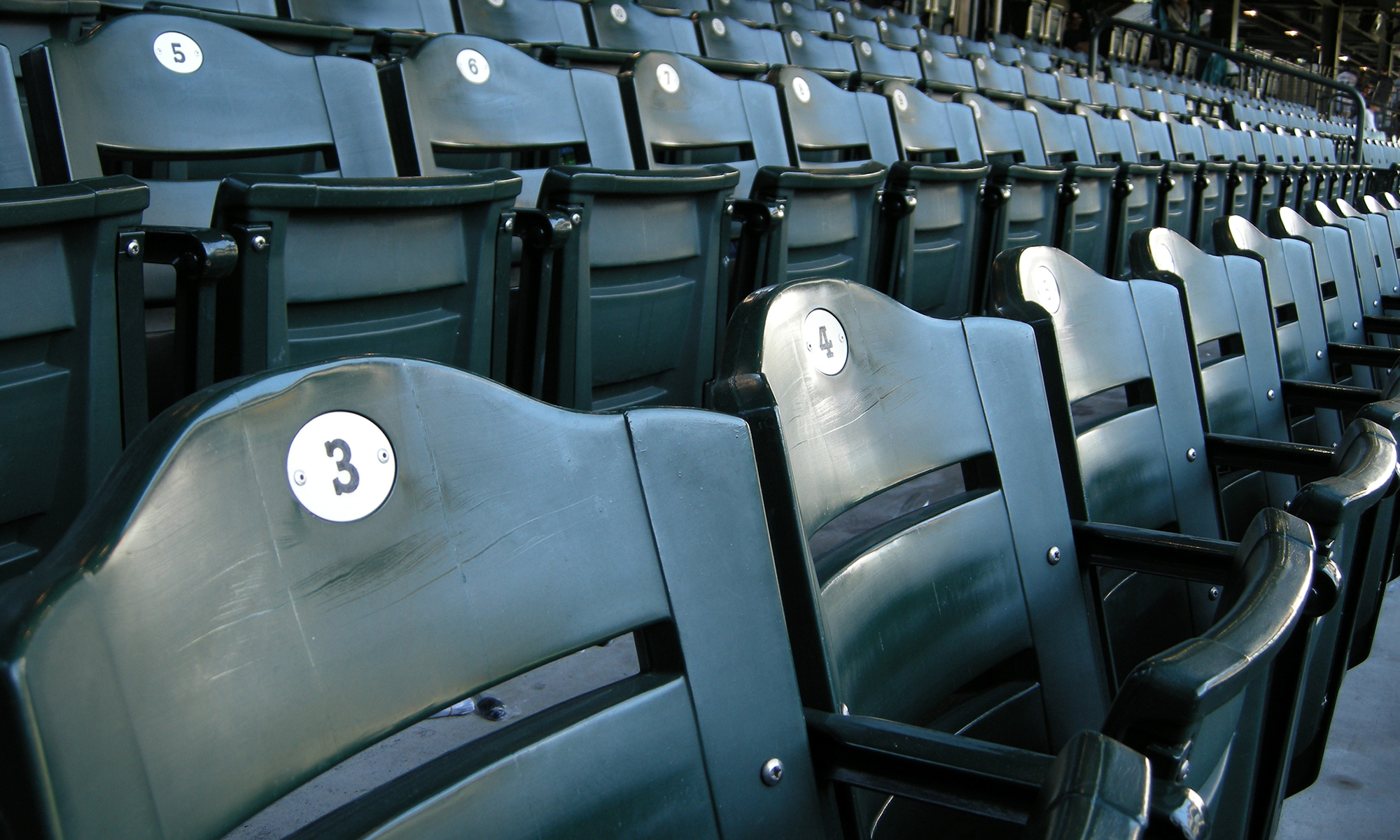Just days after the House v. NCAA settlement was approved, the first appeal of the order was filed in the U.S. Court of Appeals for the Ninth Circuit based on Title IX concerns. On June 11, 2025, eight female athletes argued that women will not receive their fair share of the $2.8 billion in back-pay for athletes who were previously barred from profiting off their name, image, and likeness (NIL). This marks the first legal challenge to the landmark House settlement, but it is unlikely to be the last.
The appeal centers on the settlement’s “back-pay” provision, claiming that the proposed payment formula “would be a massive error causing irreparable harm to women’s sports.” While the provision compensates eligible student-athletes for earnings dating back to 2016, the amounts vary based on individual circumstances. According to the appellants, this approach results in female athletes receiving significantly less than their male counterparts—an alleged shortfall of roughly $1.1 billion out of the total $2.8 billion settlement fund. They contend this disparity violates Title IX’s mandate for gender equity.
The appellants further argue that “[t]he settlement suggests schools would have paid male athletes over 90% of their revenue over the past six years as though Title IX didn’t apply.” Under Title IX, any college or university accepting federal funds is prohibited from sex-based discrimination. If schools or conferences acting on their behalf violate this standard, the appellants argue that the law has been breached. Simply put, schools can “either pay the athletes proportionately, or they can return all of their federal funds. But they can’t do both.”
For now, the court has stayed the back-pay portion of the settlement, delaying payments until the appeal is resolved. This appeal is likely to delay distribution of the settlement funds and could invite further challenges on similar Title IX grounds.
We will continue monitoring this case closely as it develops, given its significant implications for NIL rights and gender equity in collegiate sports.
